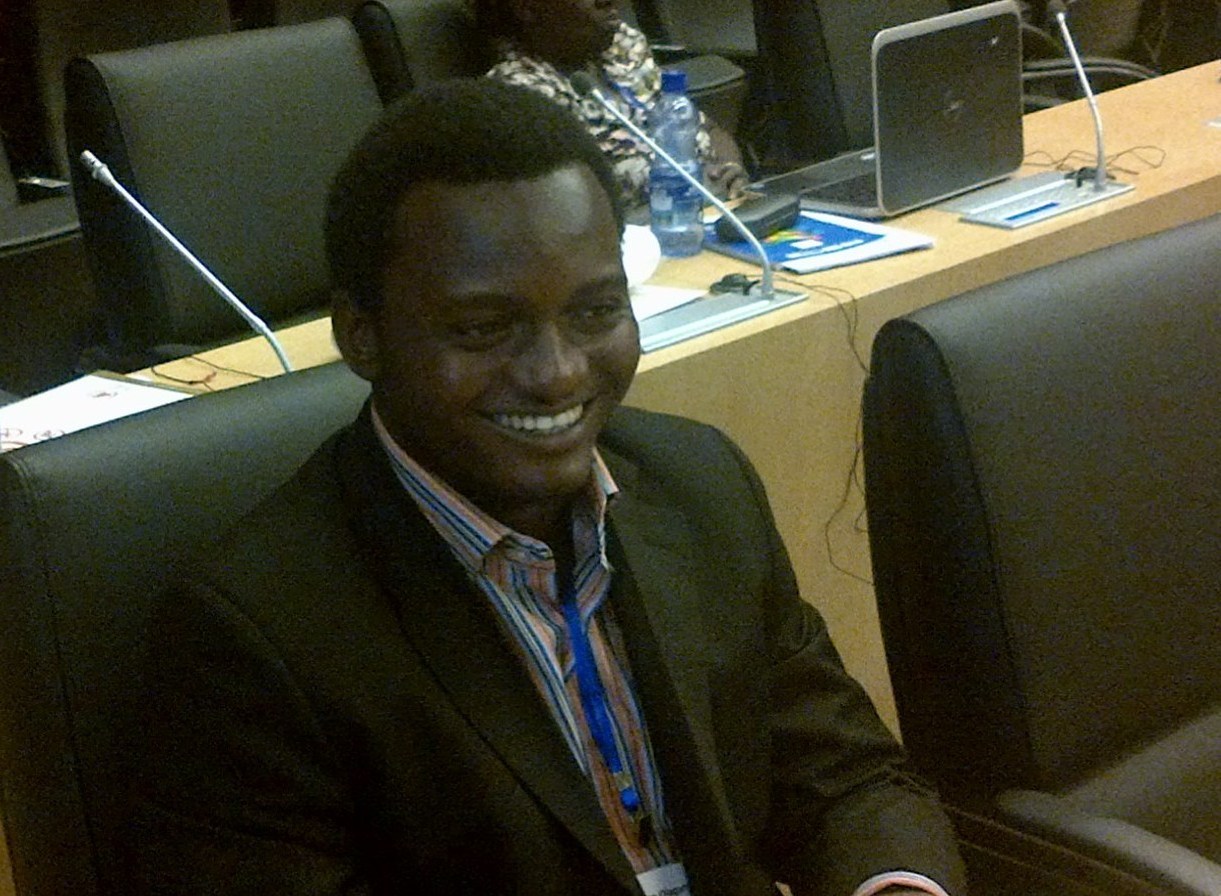Rapid population in developing countries is hampering the growth of Africa generally as a continent. Hampering growth in the sense that we can’t expect that infrastructural growth will sporadically grow to the height at which population is expanding. Therefore, focusing on family planning becomes indispensible. Moreover, any investment that goes into creating a structure that would aid family planning will always yield fruitful result that would far outweigh the cost. This lends credence to why family planning ought to be at the centre of every discussion that concerns development. Apart from the fact that family planning is cost effective, we also need to note that it has a way of relieving population pressure, enhancing economic growth and development.
Talking about development as a result of family planning, they actually unfold in several ways that brings progress in the long run. Researchers have studied and concluded that slowing population growth increases wages. At the UN Population Conference in Cairo in 1994, it was concluded at that meeting that family planning enhances the health of women which in every sense add up to any country’s development. Because when mothers are healthy, the society is far better for it.
Family planning will always remain a smart investment, taking a critical look at Ethiopia’s case for instance, an African country that has made tangible and measurable impact in increasing women’s access to family planning education and materials. The ministry of health in Ethiopia have realized that fulfilling unmet needs for family planning generates significant cost saving in meeting some of the MDGs which has to do with universal primary education, reducing child mortality, improving maternal health, ensuring environmental sustainability and also combating HIV/AIDS, malaria and some other diseases. The Ethiopian government have realized that satisfying unmet need for family planning helps to fulfil the country’s national dream of alleviating poverty and also growing to become a middle income economy. For Ethiopia, meeting unmet needs by 2015 would save the lives of about 13,000 mothers and more than a million children, that aside, this investment will also yield dividend that will generate $23 million savings in the education sector and also about $26 million in the water and sanitation sector of the economy.
Nations doing well with attaining the MDG on improving maternal health have discovered the importance of achieving that goal with the aid of family planning. They have discovered that it is one of the low-cost, yet effective ways to lower maternal mortality just by reducing the number of high risk births. This is how it works, when more mothers come up with pregnancies that are too early, too many, or not well spaced, all these have one effect or the other on the health of mothers, and like I earlier pointed out, when the health of the care giver is severely battered, the well being of the child is also badly affected. The effect of losing a mother to pregnancy complication goes as far as altering the socio-economic balance of the community and also the nation, either directly or indirectly. As a matter of fact, in cases where mothers die and the baby survive, it has been discovered that such babies have a difficult time trying to survive, and in most cases, many die before reaching the age of 5.
When we encourage parents to at least wait for two years after their previous conception, it goes a long way in reducing the risk of illness and death for mothers and their babies. Let’s even pause for a while and then look beyond the health benefits. Spacing childbirth properly gives room for both parents to pay more attention to other things that increase their earning capability, hence saving them from sort of financial pressure for the time being.
African nations should look into increasing and expanding access to family planning information. Like it has been done in Ethiopia, family planning campaign can achieve more result if these services are being expanded by health extension workers who take the information and methods (both long term and short term) to women in local communities. African leaders must continue to see family planning as a multi-sectoral issue and it must be taken more seriously since its relevance affects many other sectors. They must also see to it that more funding is available for this campaign and project, bearing in mind that every investment in this regard will yield multi-sectoral result. It’s also important to focus more on the young people, most especially the adolescent girls, mainly by providing them with youth friendly services.
Lanre Olagunju is an hydrologist turned freelance journalist. An alumnus of the American College of Journalism, Lanre advocates on several international platforms for the prosperity and absolute well-being of the African continent. He is @Lanre_Olagunju on Twitter.



